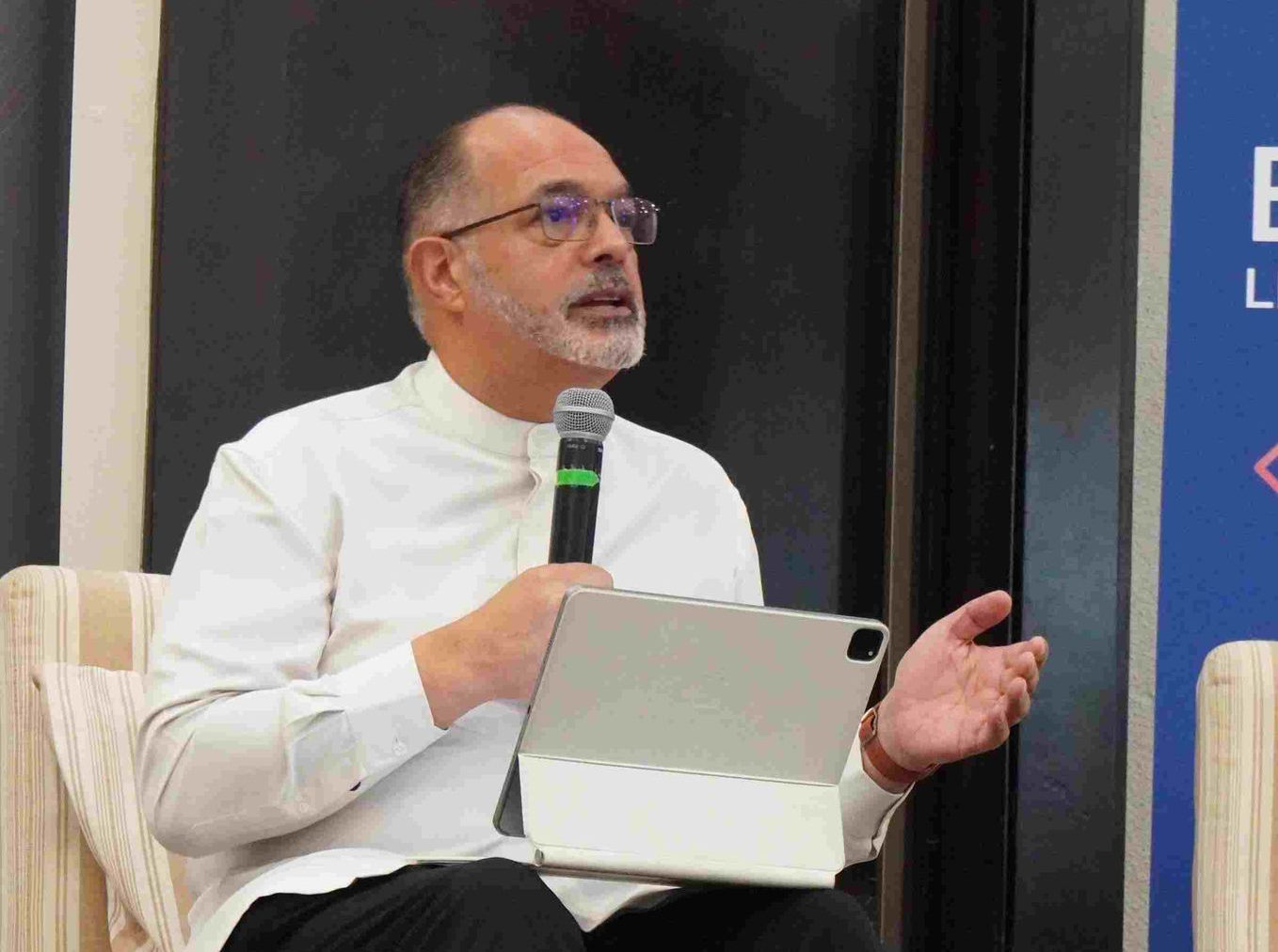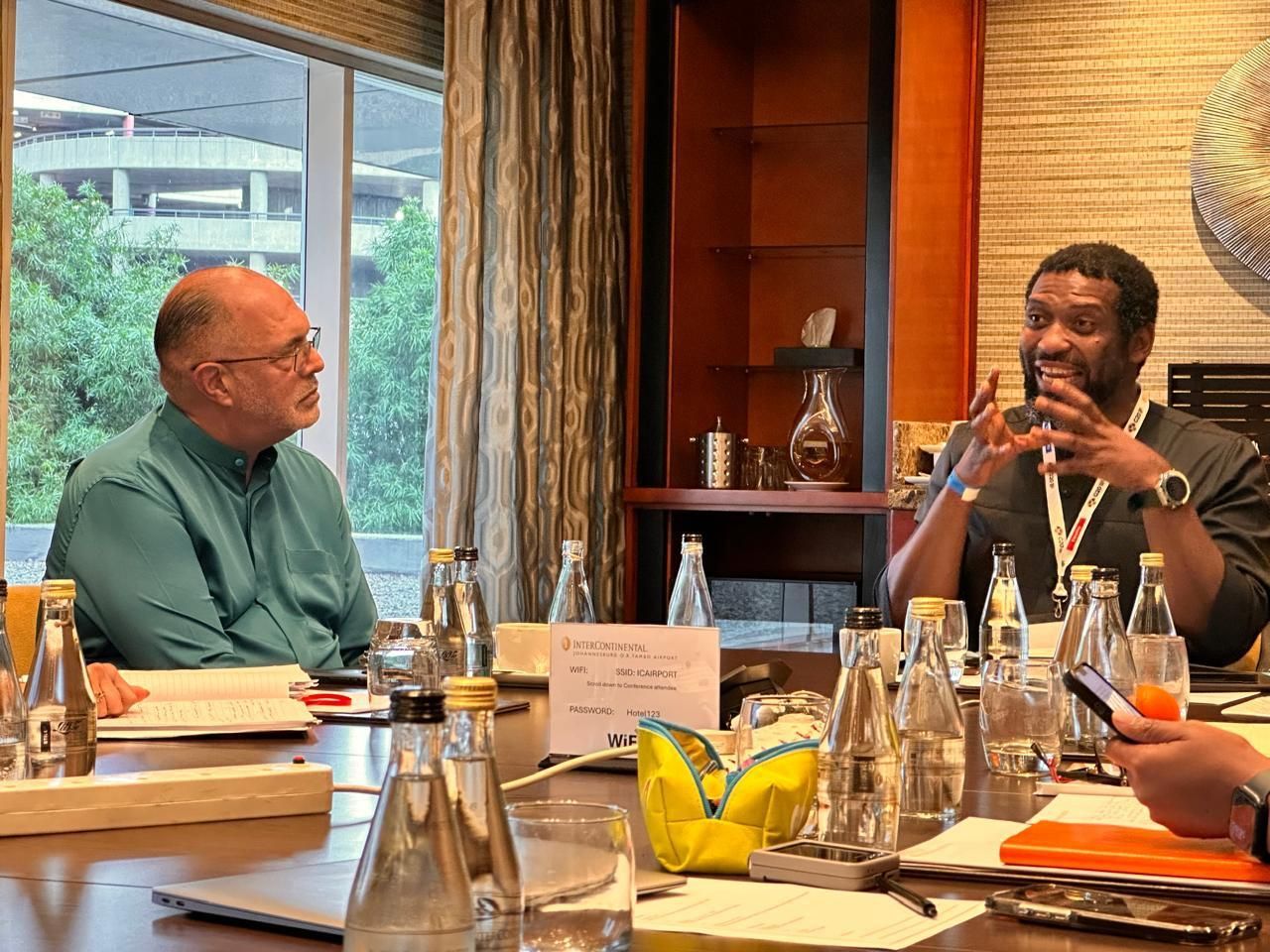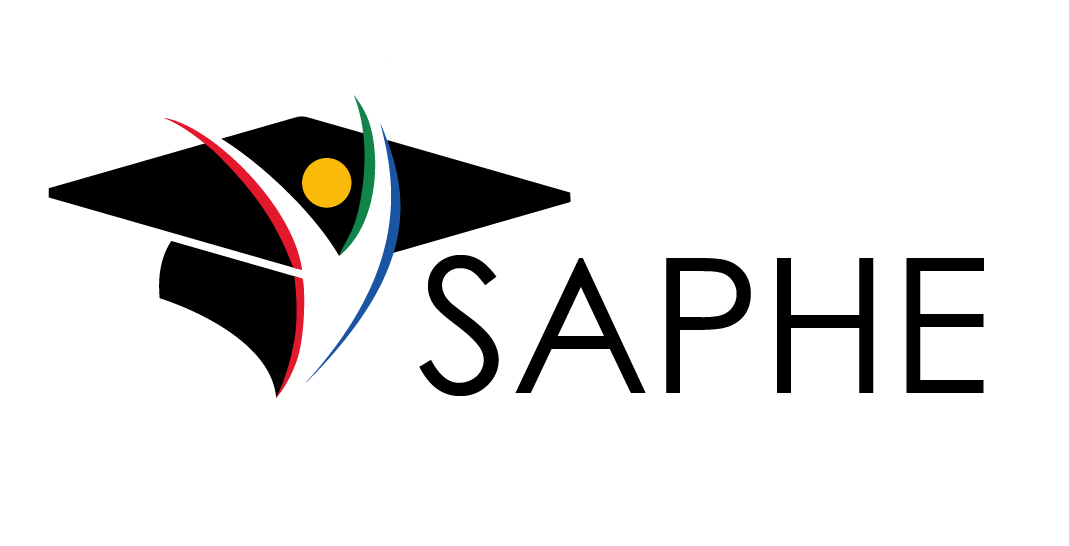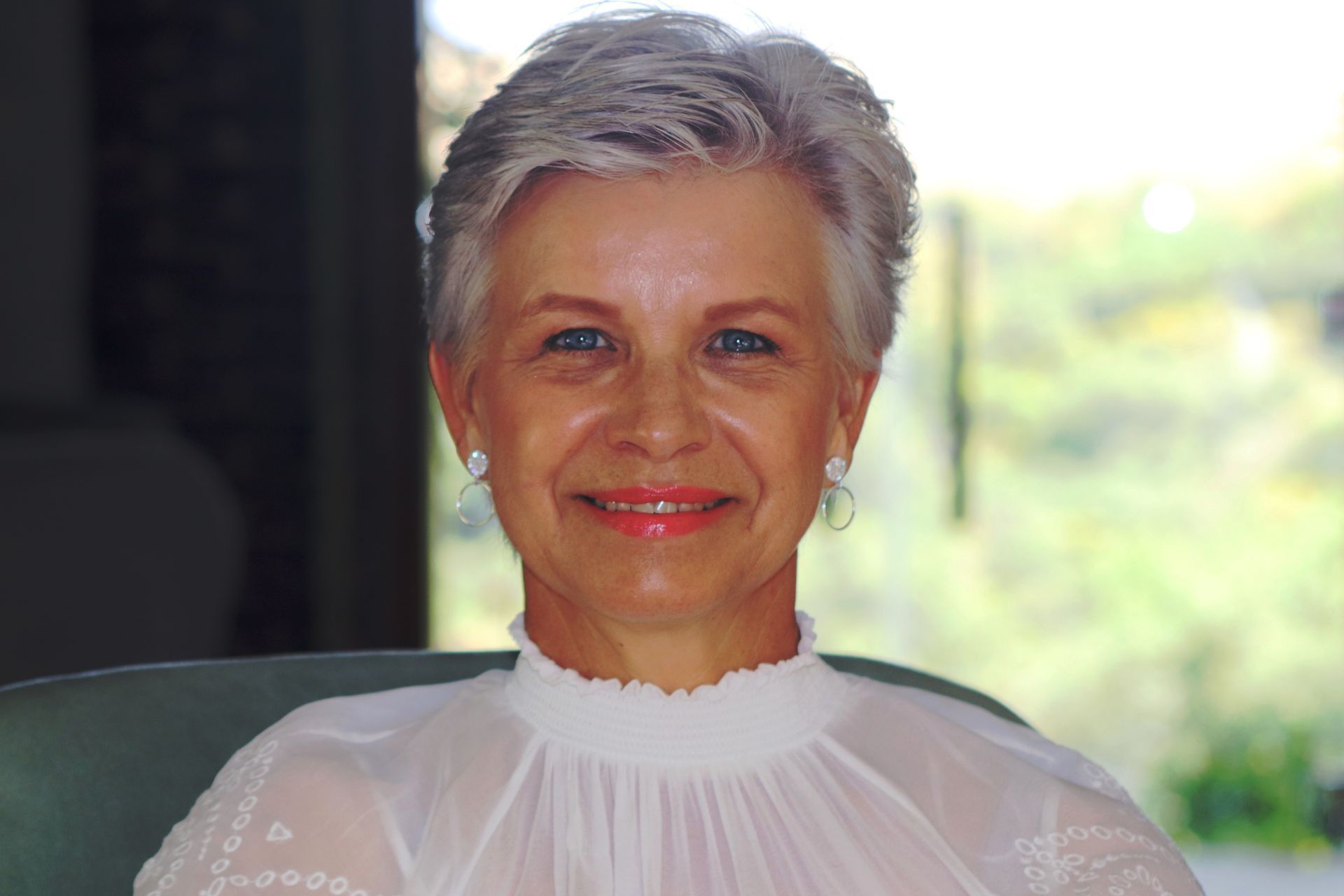Celebrating remarkable women in leadership
August is Women’s Month, and on the 9th, South Africa honours the more than 20 000 women who marched in protest against the extension of Pass Laws to women. As SAPHE, we celebrate the remarkable women who have shaped our country and its history. This month, we also applaud SAPHE women in leadership who champion the transformative power of higher education in their respective institutions.
We draw inspiration from SAPHE members Helen Bührs, CEO of Inscape, Prof. Divya Singh, Chief Academic Officer at STADIO, and Isabel Roos, Managing Director of Isa Carstens Academy. Recognising the potential and value of higher education, it has become the shears or tools they wield to shape futures.
Where did it start?
Helen Bührs's career in higher education began with a fortuitous call from Inscape, where she initially joined as a part-time lecturer at the age of 22. Personal circumstances led her to request a full-time position, and she quickly advanced from head of academics to becoming deeply involved in all aspects of the business, eventually serving as the CEO’s second-in-command. In 2014, she took ownership of the institution, transitioning from the classroom to a leadership role. Celebrating her 25th year with Inscape, Helen now serves as the CEO.
Prof. Divya Singh's path to academic leadership has had many twists and turns. Initially, she started studying but quickly realised she didn’t enjoy it and transferred to law. After completing her LLB, she was approached to consider a lecturing position. By marrying law and teaching, her career journey in higher education took off. She occupied diverse positions, from Executive Director at Technikon SA to Head of School for Criminal Justice. She served as Deputy Registrar and later as Vice Principal: Advisory and Assurance Services at Unisa before transitioning to the private HE sector in her current position as Chief Academic Officer at STADIO.
Isabel Roos’s journey into higher education was driven by her desire to elevate the standards and perceptions of skin care therapy. After completing a course in health and skin care therapy, she worked in her mother’s salon before opening her own. With six years of experience, she became a lecturer at her mother's school. By 1993, she was managing director, focusing on appointing staff with formal qualifications to provide students with credible education, ensuring their qualifications commanded pride and respect in the industry.
Career initiatives that inspire
The notable career milestones achieved by Helen, Divya, and Isabel are inspiring and showcase their impactful contributions.
The inception of a scholarship programme stands out as a milestone in Helen's career. She launched a scholarship programme in 2014 and registered Inscape Exchange, a Non-Profit Company. Inscape Exchange aims to provide opportunities for quality education to economically disadvantaged individuals with the potential and will to succeed in the creative industry. To date, 504 scholarships have been awarded and 186 candidates have graduated. “The success of the scholarship programme is measured by how many employable graduates exit the programme. Currently, the programme boasts a 94% success rate,” says Helen.
For Divya, the registration of STADIO (Pty) Ltd in October 2020 immediately comes to mind as a career highlight. As the Chief Academic Officer and a Director of STADIO Holdings in 2017, she was part of the team that pulled together the regulatory framework, structure, and strategic focus of the new STADIO HE institution. She recalls it was an exciting yet challenging exercise to merge four existing institutions to constitute the new STADIO HE. “The JSE pre-listing statement published earlier in 2017 when STADIO Holdings Ltd listed on the JSE included big commitments for the new institution, and it is encouraging to see the promises realised. Mostly, my pride and joy is in STADIO’s steadfastness to its vision and transformative agenda for quality higher education.”
Isabel says she is very proud that Isa Carstens Academy was one of the first 27 private providers to be accredited by CHE and registered by DHET. They were also the first provider in their profession to have one of their qualifications accredited on the HEQSF.
Making a positive impact
With remarkable achievements and milestones to their credit, what motivates them to continue the journey?
Helen says it's her mission to empower young adults and shift a culture of exclusion that drives her to keep making a positive impact in higher education. “I am dedicated to providing high-quality, inclusive education that equips students with the knowledge, skills, and confidence to claim their space in the world.” To balance the needs of the business with this mission, she focuses on fostering innovation, maintaining a clear strategic vision, and a commitment to continuous growth. This involves embracing new technologies and teaching methods, ensuring the institution remains relevant and competitive. “Balancing social impact with business sustainability is a fulfilling challenge, and making strategic decisions that ensure financial health while staying true to core values is central to my work.”
Helen is passionate about fostering a collaborative community where students and staff work together towards common goals. “This holistic approach, focused on empowerment, inclusivity, and innovation, motivates me to drive lasting change in the educational landscape,” she says.
Likewise, Divya is motivated by an understanding of the transformative potential of higher education and its ability to change lives.
For Isabel, the success of their alumni in the world of work is more than enough inspiration for her to continue making a difference.
The future of PHE
Looking ahead, what excites them most about the future of private higher education in South Africa?
Helen’s focus is on impact. “Institutions like Inscape tackle significant challenges head-on through inclusivity, innovation, and practical application. I have recognised a growing movement towards these philosophies, what we call the Inscape Way, by other private institutions that have adopted this impact-focused mindset to enhance their societal contributions.”
Divya says she is excited to witness that private higher education is increasingly being recognised and acknowledged for the contributions it makes and can still make to the PSET system.
For Isabel, the future embraces the fusion of corporate contributions, technological advancements, and collaborative learning. She says, “It suggests a harmonious coexistence between traditional campuses and the innovative educational landscape. This promises a higher education experience that is both dynamic and fulfilling and prepares one for the world of work.”
Helen, Divya, and Isabel are three SAPHE women in leadership positions at institutions that differ in their nature and focus, size and age. While this diversity highlights the rich landscape of private higher education, it also underscores its leadership's exceptional quality and vision.
This Women's Month, we celebrate their remarkable contributions and the meaningful impact SAPHE women make towards advancing higher education in South Africa.






